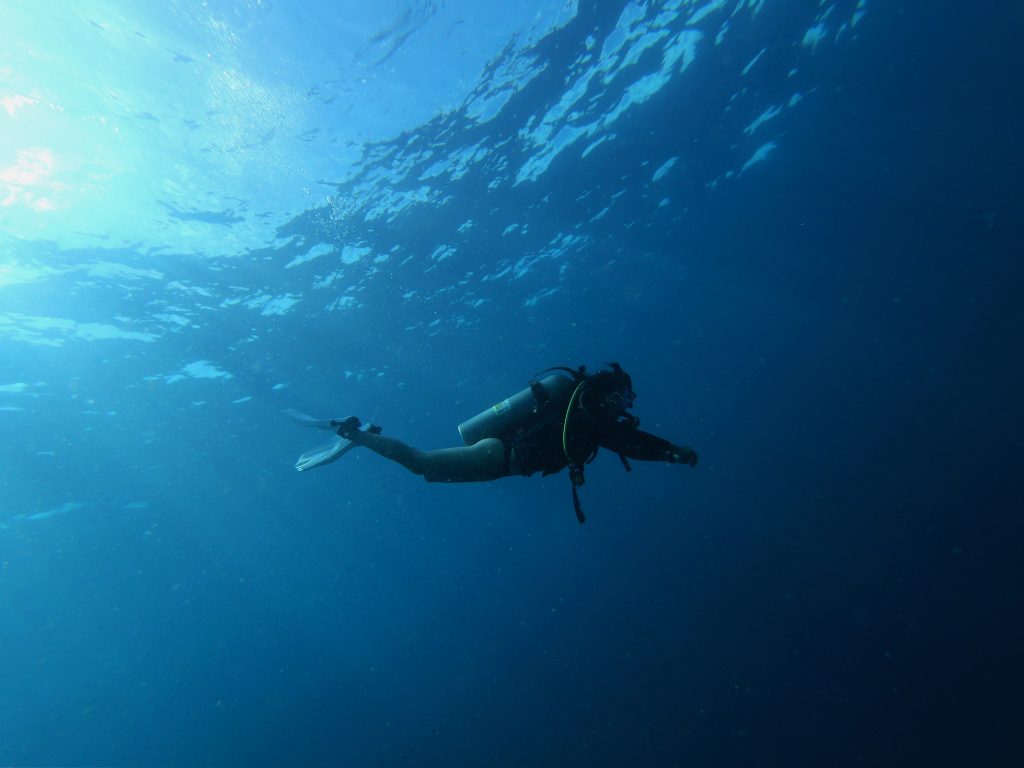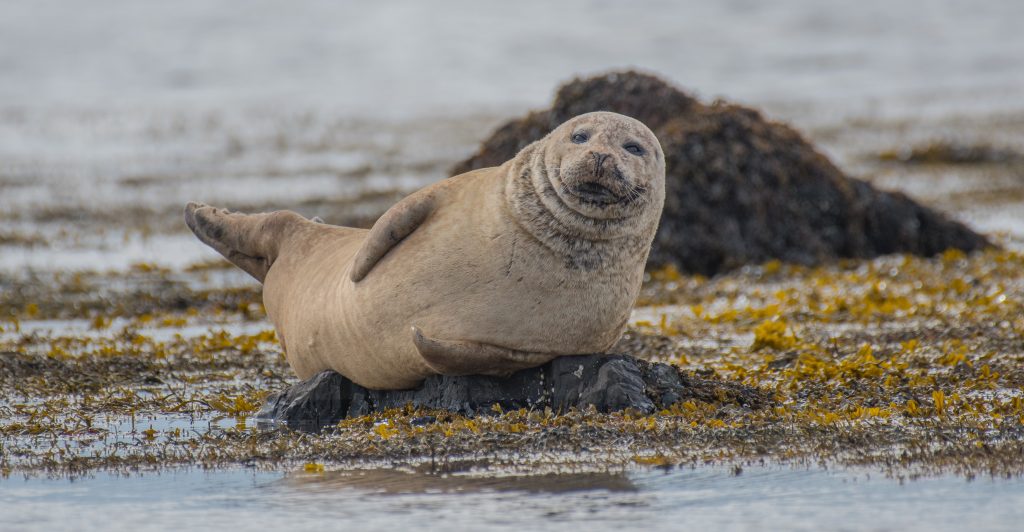ELITE freedivers have been discovered to have brain oxygen levels that are even lower than seals, during their deepest dives.
The research comes from the University of St Andrews and new findings were published in Philosophical Transactions of the Royal Society B.
The divers were able to reach 107 metres with brain oxygen levels that were expected to bring on unconsciousness and heart rates as low as seals and whales.

Professor Erika Schagatav, Mid Sweden University Project Leader said: “Before now, understanding the effects on these exceptional divers’ brains and cardiovascular systems during such deep dives, and just how far these humans push their bodies, was not possible, as all research was done during simulated dives in the lab.”
The discovery could provide information on how freedivers train themselves to endure extreme low brain oxygen delivery to help understand how pre-treatment for surgical procedures could be carried out.
Steve Balfour, University of St Andrews lead project engineer said: ”It’s fantastic to be involved in such an exciting and challenging engineering project.

“To see the end-product descending to such depths and returning unique data makes the sleepless nights worth it.”
The findings could possibly develop surgical procedures and allow an improvement when protecting the brain and heart during cardiac surgery.
The researchers at the University of St Andrews adapted an existing device known as NIRS to withstand the extreme pressure during deep dives into the ocean.

Professor Jana Kainerstorfer, Carnegie Mellon University biophontics leader said: “Recent advances in miniaturising NIRS devices have enabled measurements of brain function in more natural environments.
“The application of NIRS to study diving physiology is particularly exciting and will help us understand how brain function can be maintained under such extreme environmental conditions.”

